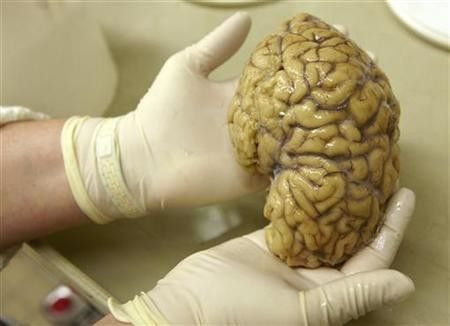Artificial Micro-Humans to Replace Animals in Lab Tests: 90 Million Animal Lives Would be Saved
The Artificial Micro-Humans are Said to Replace the Animals Within Three Years, if Approved

As an attempt to save millions of animal lives that are lost during laboratory testing, scientists are creating artificial micro humans that would replace these animals. Up to 90 million animal lives are lost each year due to experiments conducted on them.
The artificial human machines that are being developed will be as small as a microchip. Researchers also said that they would produce the same responses that humans would when exposed to certain substances, "either when inhaled, absorbed in the gut or circulated through the bloodstream."
Uwe Marx, a tissue engineer from Technische Universität Berlin and founder of TissUse, a firm developing the technology said that if their system is approved by the regulators, then it would result in the shutting down of several animal testing laboratories in the country. The Times reported that within three years this machine would become a substitute for the animals.
Researchers also stated that this was not a new concept. The cosmetic industry and several chemicals and drugs conduct their tests on artificial lungs, livers, kidneys, hearts and guts. Artificial human organs have already been in use for quite some time. Scientists threw light on the need for a second round of testing despite the first round which is conducted on animals. They stated that the effects seen in animals during laboratory experiments are very different from the reactions they produce on humans. Though almost half of the drugs pass the animal tests, they cause unforeseen side effects during human trials, later.
Even now, scientists are using individual artificial organs such as hearts and livers to test products, though they are still substituting the animals in the initial stages, they have their drawbacks. Only when a second round of tests is done on artificial organs will they have strong evidence that the substances are safe, and it would not cause harm when put into a living body.
Researchers also stated that they are looking forward to this development as it would benefit not just the animals, but the medical world itself. The "farms" for these artificial micro humans would stop the unsafe human drug trials and aid in the development of life-saving treatments. "It could one day be used to tailor medicine to individual patients," researchers said.





















